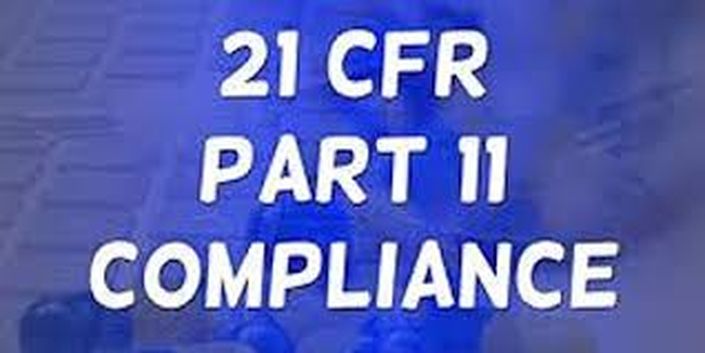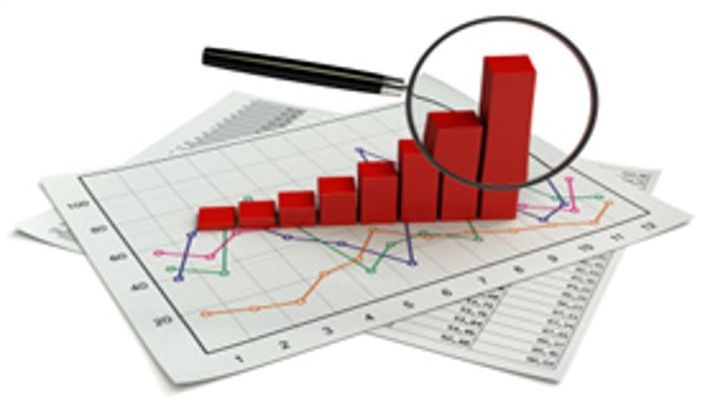Overview
If you do any work that will be reported to the US Food and Drug Administration (FDA), Environmental Protection Agency (EPA), or Occupational Safety and Health Administration (OSHA), your work must be done under GLP. All methods must be validated, the proof that they do what is claimed. Common criteria are accuracy, precision, linearity, range, and several more.
This webinar will discuss the best practices of analytical method validation, including components of a validation, how to include critical reagents comparison, selectivity experiments, assessment of stability, importance of communication between the development and the validation labs and accuracy of transfer documents (SOPs).
Participants will understand - Is validation a regulated activity? When to pull the trigger for validation? Importance of suitability testing.
Why Should You Attend
Any laboratory that supports products for sale or use in the United States must follow Good Laboratory Practices (GLP), a comprehensive system that guarantees validity of results. If you work in pharmaceuticals, chemicals and petrochemicals, and environmental analyses then you are mandated to be following GLP. One of the major tasks in GLP is validation of an analytical method.
The new pharmaceuticals are very often completely new compounds, structures never studied before by chemists. Their properties – such as solubilities and acid-base nature, are unknown. Synthetic reactions may make many similar types of molecules, including structural and optical isomers. The methodologies that mean US Food and Drug Administration compliance with GLP require a separation to be able to separate and identify all major, minor, and trace components. It is no longer just determining a purity of the main component. Each minor contaminant or degradation product is also important in GLP.
This analytical method validation webinar will provide practical tips on how to validate an analytical method under the GLP requirements. It is recommended for laboratories that are under, or want to be under, Good Laboratory Practices (GLP).
Webinar Takeaways
- Method Validation
- The criteria for a method
- Statistical requirements
- Maintaining compliance
Who will Benefit
This webinar will provide valuable assistance to the following personnel from regulated laboratories in pharmaceuticals, chemicals and petrochemicals industry:
• Analysts
• Lab Supervisors and Managers
• QA managers and personnel
• Consultants
• Validation Specialists
• Chemists
Industries who can attend
This 60-minute online course is intended for professionals in the Pharmaceutical, chemicals and petrochemicals industry. Although not presently stated in the draft , the same guide could be used by FDA Regulated Industries personnel.

Faculty John C. Fetzer
Founder and Principal, Consultant Fetzpahs Consulting John C. Fetzer has had over 30 year experience in HPLC methods development. He has authored or co-authored over 50 peer-reviewed papers onl iquid chromatography, has served on the editorial advisory boards of the Journal of Chromatography, Analytical Chemistry, and Analytical and Bioanalytical Chemistry.



